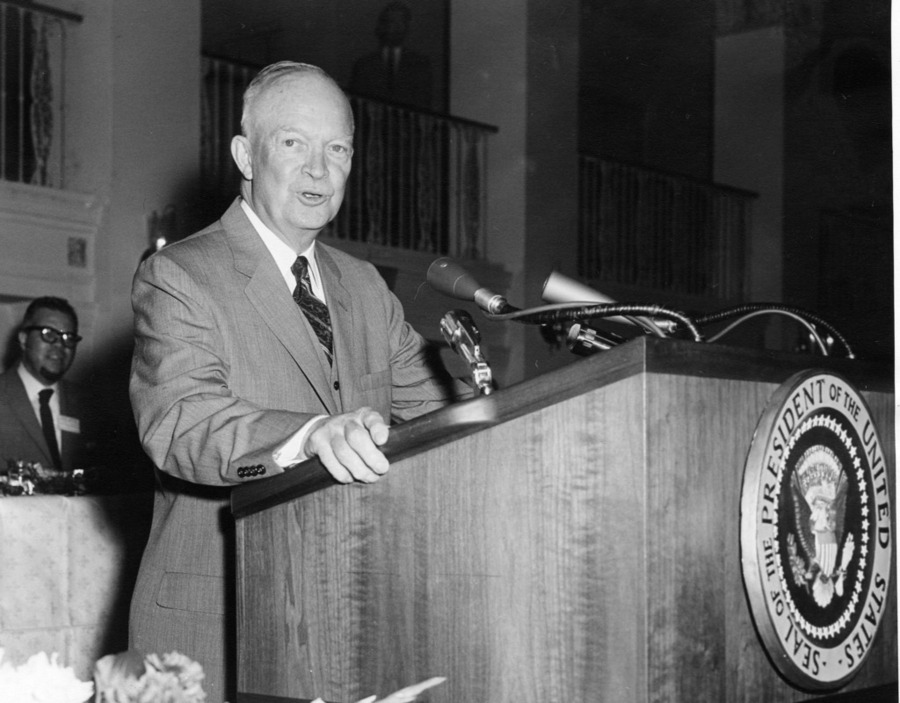Cultivating the Future Cyberspace Operations Workforce
This memorandum from the Secretary of Defense, came across my screen the other day. It will give the reader some insight into how DoD is trying to build its cyber capabilities.
MEMORANDUM FOR SECRETARIES OF THE MILITARY DEPARTMENTS CHAIRMAN OF THE JOINT CHIEFS OF STAFF UNDER SECRETARIES OF DEFENSE COMMANDERS OF THE COMBATANT COMMANDS ASSISTANT SECRETARIES OF DEFENSE GENERAL COUNSEL OF THE DEPARTMENT OF DEFENSE DIRECTOR, COST ASSESSMENT AND PROGRAM EVALUATION INSPECTOR GENERAL OF THE DEPARTMENT OF DEFENSE CHIEF INFORMATION OFFICER SUBJECT: Cultivating the Future Cybers
Published by The Lawfare Institute
in Cooperation With

This memorandum from the Secretary of Defense, came across my screen the other day. It will give the reader some insight into how DoD is trying to build its cyber capabilities.
MEMORANDUM FOR SECRETARIES OF THE MILITARY DEPARTMENTS CHAIRMAN OF THE JOINT CHIEFS OF STAFF UNDER SECRETARIES OF DEFENSE COMMANDERS OF THE COMBATANT COMMANDS ASSISTANT SECRETARIES OF DEFENSE GENERAL COUNSEL OF THE DEPARTMENT OF DEFENSE DIRECTOR, COST ASSESSMENT AND PROGRAM EVALUATION INSPECTOR GENERAL OF THE DEPARTMENT OF DEFENSE CHIEF INFORMATION OFFICER SUBJECT: Cultivating the Future Cyberspace Operations Workforce The Department of Defense’s long-term ability to operate effectively in cyberspace relies first and foremost on the people who possess the expertise to realize the capabilities of technology. The Department of Defense Strategy for Operating in Cyberspace directs the Department to “build a pool of talented civilian and military personnel to operate in cyberspace and achieve DoD objectives.” Recruiting, training, developing, and retaining the right kind of people is as critical to success in the cyberspace domain as in the other operational domains. Successful cyberspace operations rely on the contributions of a broad array of skillsets across a variety of communities. Personnel who fill cyberspace duty assignments also align to many separately administered career fields. Although we will continue to depend on this cross-section of skills, we must begin to focus our ability to professionalize, perpetuate and govern a small, highly-skilled, and leading-edge portion of the workforce – cyberspace operators and leaders. To accomplish this emerging task, I ask that each Service, in coordination with the Chairman of the Joint Chiefs of Staff, the Under Secretary of Defense for Policy, and the Under Secretary of Defense for Personnel and Readiness, develop a plan to identify and track a specially selected subset of the broader cyberspace workforce that will be designated into a closely managed cyberspace operations career progression. These military (officer and enlisted) and civilian personnel will be developed and retained to perform specific cyberspace operations roles and functions as a career focus. I ask the Services to submit these plans within sixty days of the date of this memorandum. Although this designation will be managed independently by each Service to meet their unique requirements, we must ensure the Department establishes common standards and qualifications to operate effectively in a complex information environment. Assignment to the cyberspace operations career designator will reflect cyber-specific aptitude, training, and demonstrated experience. This select class of cyberspace operations personnel must have in-depth knowledge of cyberspace operational and technical fundamentals and tactical tradecraft, as well as the training and critical thinking skills to employ that expertise as part of an integrated warfighting team to plan and conduct both offensive and defensive cyberspace operations. We must ensure the Department capitalizes on the time and resource investments required to recruit and train to these standards. Each Service’s plan should describe what methods will be used to retain identified cyberspace operations personnel, as well as personnel across the other existing communities and career fields that contribute to the cyberspace workforce at large. Possible methods include, but are not limited to, training opportunities tied to active duty service commitments, financial incentives, and the appeal of unique operational experiences. Plans must also address how promotion of identified personnel will remain competitive with peers, including accounting for promotion rates and career progression comparable to other career fields. My vision is a system that sustains the cyberspace operations workforce viability over time, increases the depth of the Department’s cyberspace operations expertise, develops capable leaders to guide these professional experts in the performance of their critical duties, and ensures we build real cyberspace operations capability from within our human resources into the future. My point of contact for this effort is the Deputy Assistant Secretary of Defense for Cyber Policy, Eric Rosenbach.
Paul Rosenzweig is the founder of Red Branch Consulting PLLC, a homeland security consulting company and a Senior Advisor to The Chertoff Group. Mr. Rosenzweig formerly served as Deputy Assistant Secretary for Policy in the Department of Homeland Security. He is a Professorial Lecturer in Law at George Washington University, a Senior Fellow in the Tech, Law & Security program at American University, and a Board Member of the Journal of National Security Law and Policy.





